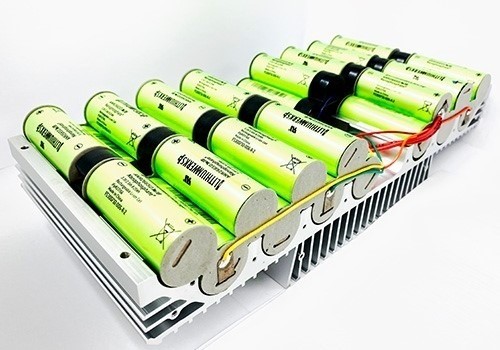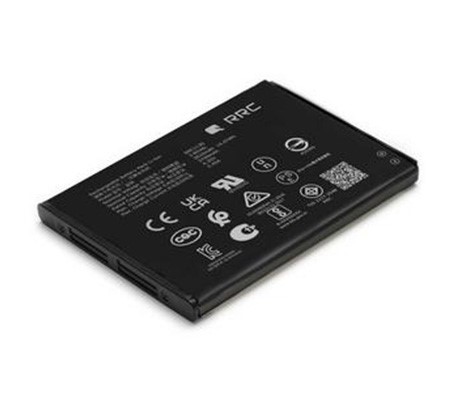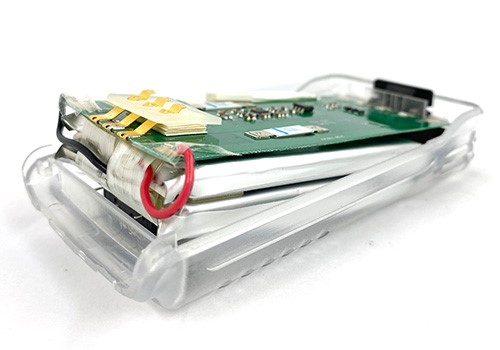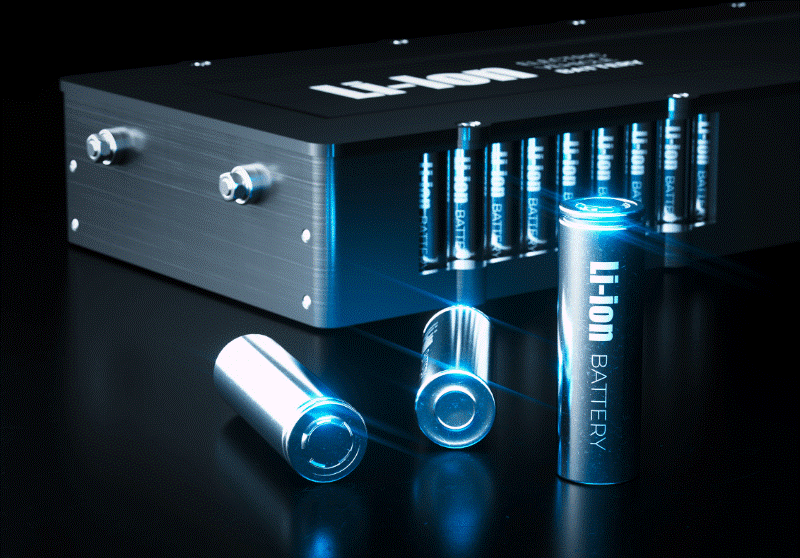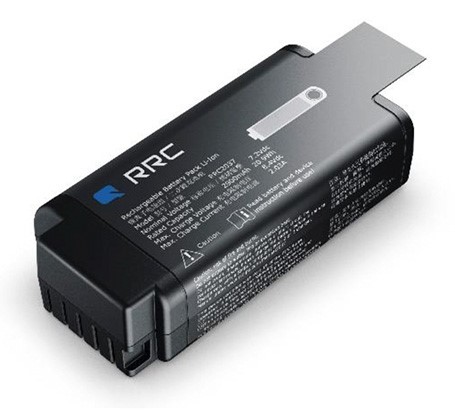It’s a fact that the performance of battery packs depends on both energy density and power density. For battery pack manufacturers and battery design engineers, understanding the difference between these two factors is essential. Whether designing for electric vehicles, drones, or consumer electronics, finding the right balance between energy density and power density significantly impacts performance and battery life.
Understanding Energy Density and Power Density
Energy density refers to how much energy a battery can store relative to its size or weight. Higher energy density means longer battery life, which is crucial for devices that need to run for extended periods, like smartphones or electric vehicles.
In contrast, power density measures how quickly a battery can deliver energy. A battery with high power density can supply large amounts of energy in a short period. This is vital for devices that need quick bursts of energy, such as power tools or electric vehicles during acceleration.
The Trade-offs in Battery Pack Design
Balancing energy density and power density is challenging for battery design engineers. Increasing one usually means compromising the other. A battery with high energy density can store more energy, making devices last longer. However, it may not be able to release energy quickly when needed. On the other hand, a battery with high power density can deliver energy fast but will not store as much, meaning it will run out of power sooner.
Application-Specific Needs
Different applications have different energy and power requirements.
- Power Tools: For power tools, high power density is more important than energy density. These tools need to deliver strong, quick bursts of energy to handle heavy tasks. While energy density matters, the ability to output power quickly is the priority.
- Consumer Electronics: Devices like smartphones and laptops prioritize energy density. Users expect these devices to run for long periods without frequent charging. Power density is less important here since these devices don’t need rapid energy delivery.
Optimizing Battery Design
To design a well-performing battery pack, battery pack manufacturers need to understand the specific power requirements of the application. It’s often impossible to optimize both energy and power density, so compromises are necessary.
For applications where weight and size matter, like drones or medical devices, energy density is the priority. High energy density allows these devices to operate longer without becoming too heavy. However, devices requiring quick energy bursts, such as racing drones or electric drills, need higher power density, even if it means sacrificing some energy storage.
Thermal management is another factor to consider. Batteries with high power density generate more heat, which can impact performance and safety. Efficient cooling systems or heat-dissipating materials are essential in such designs to ensure the battery doesn’t overheat and remains safe.
In summary
Battery pack manufacturers and battery design engineers must carefully balance energy density and power density based on the application’s specific needs. Whether focusing on long-lasting energy storage or quick energy delivery, understanding these trade-offs ensures optimal performance for each device.
Emerging Power provides custom battery solutions that meet these unique challenges. By working closely with our clients, we ensure the perfect balance between energy and power density, delivering efficient, reliable power systems tailored to the needs of each application.

